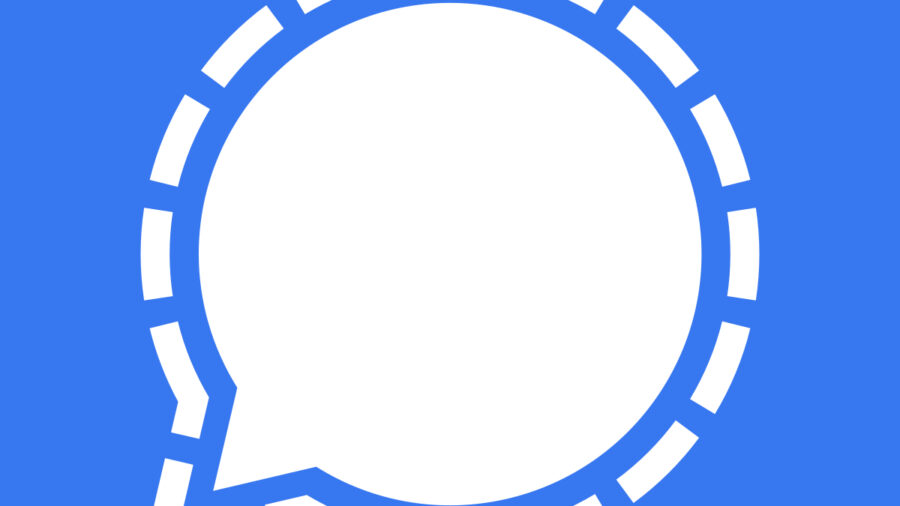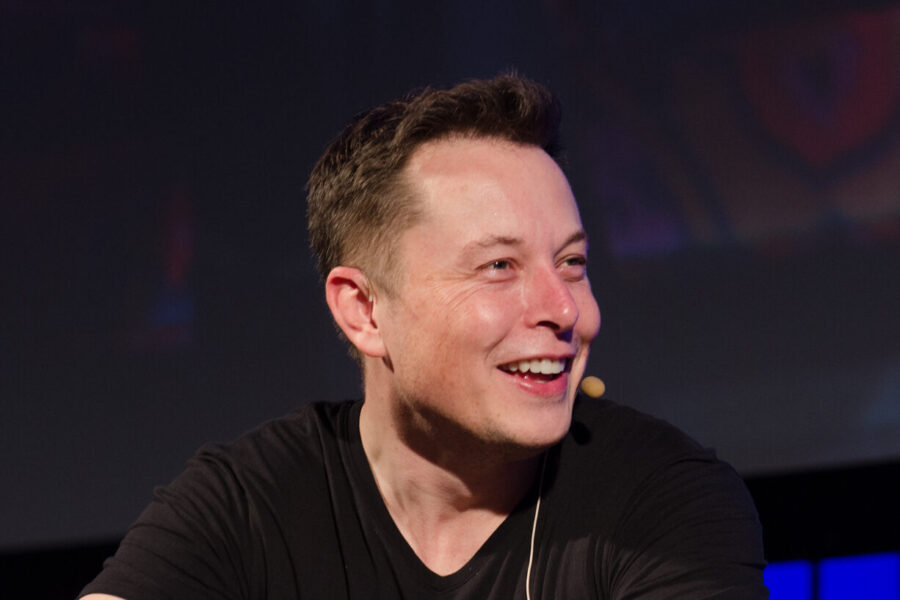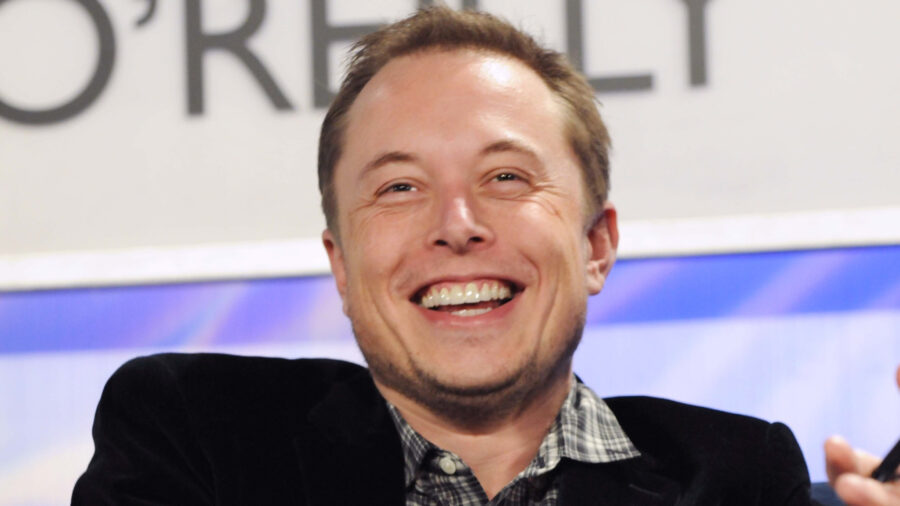Elon Musk Recommends Signal, But What Is It?
Elon Musk just recommended Signal, but what is it?
This article is more than 2 years old

If Elon Musk told you to download a free messaging app to keep your data private, would you do it? Apparently, lots of folks would. Online privacy has been a large concern in recent years. As is his habit, Musk embraced brevity in his recommendation for users to download Signal, an encrypted messaging app. It was unclear whether this was in response to the Capitol Riots or a recent notification of privacy policies received by WhatsApp users. Whatever the cause of his recommendation, the messaging app soon reported a record number of downloads. So what is Signal? Why does Elon Musk think it’s great? And should the average person care?
While Elon Musk is only now recommending Signal, the app has been around since 2014. It’s tagline is, “Say Hello to Privacy.” It’s open source and completely free. If you want to support the app, you can go to their website to donate. The app was created by CEO Moxie Marlinspike and the co-founder of WhatsApp, Brain Acton. Acton left WhatsApp in 2017 and then donated $50 million to fund the new app. Among tech types, Signal is respected for their privacy policies. Occasionally, Signal is compared to WhatsApp, but it’s exactly where the two differ that has gained Signal so much respect. The biggest place we see this difference is in WhatsApp’s parent company. WhatsApp is owned by Facebook.
This is where it’s easier to understand why Elon Musk recommends Signal. He has long suggested Facebook is a bad company to be involved with. In March 2018, Musk deleted his personal Facebook page, as well as those of his companies SpaceX and Tesla. Facebook has grown large enough that it’s not easy to avoid the social network. It’s linked to a lot of websites and apps. Notably, WhatsApp was purchased by Facebook in 2014.
In 2016, WhatsApp put into practice a policy where its users’ information was shared with Facebook. Most weren’t aware of the level to which this was happening. Then, on January 4, 2021, WhatsApp notified its users of a terms of use policy change. Users must now to agree to the terms before February 8th in order to continue using the service. The update removed the text saying there was an option to opt-out of sharing certain information with Facebook. While this appeared to be a major change to users, WhatsApp has said the updated policy now reflects how they have shared their two billion users’ data with Facebook since 2016. Understandably, WhatsApp users concerned about their privacy were not pleased.

What are Elon Musk’s views on online privacy? Well, he’s talked about a future involving Neuralink, where we’ll all have chips implanted in our brains. So that’s questionable, in terms of privacy. But in action, he has advocated his followers stay far away from Facebook. His company, SpaceX, has banned Zoom for employee use, citing severe security and privacy concerns on the video conferencing app. Now, he’s recommending Signal. So, is it really that much safer? Yes.
Signal provides plenty of pros for its users. Some of the features include end-to-end encryption, publicly published transparency reports on their policies, and it can replace your phone’s text messaging app. The app logs minimal data. It doesn’t record your IP address. It has a feature called disappearing messages. Users need to enable this on their own. These messages are considered to be self-destructing. The app allows for text messages, voice messages, audio calls, and video calls. The encryption algorithms Signal uses have historically stayed up to date and transparent, which is likely what Elon Musk sees in his recommendation, though it may still be prompted by just how much he dislikes Facebook.
The big cons of Signal as a messaging app are that a lot of your friends and family may not be on the app yet, and the app requires a phone number to sign up. Privacy advocates have given details on how to use Signal without giving out your phone number, should that be a concern.

It makes sense Elon Musk would have privacy concerns. As one of the richest people on the planet, and a tech entrepreneur at that, there are likely many interested in his data. Will the average user gain benefits from a messaging app that protects their privacy? Apparently, many think so. Signal had difficulty keeping up with the demand for verification codes when they were hit with record-breaking download numbers. It may be driven by a dislike for how far Facebook has gone in data collection. Or, perhaps enough people have become creeped out by the Facebook ads inspired by their private conversations. Whatever the personal motivations are for keeping private conversations from corporate collection, don’t be surprised when you start getting invites from your friends to join the encrypted messaging service.












